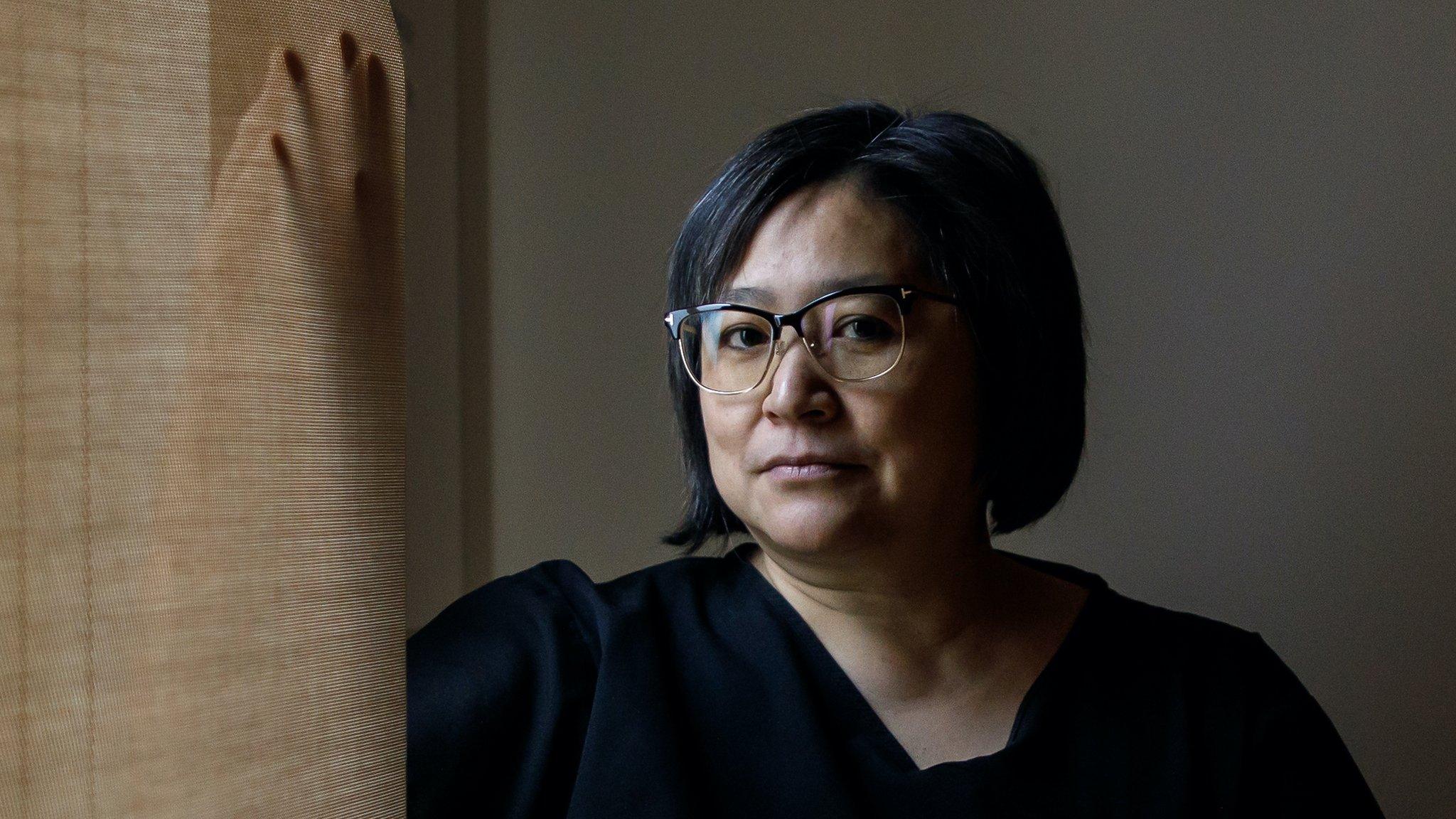Canada again delays assisted dying for the mentally ill
- Published

Canada's Minister of Health Mark Holland announced a second delay to the programme on Thursday
Canada has announced plans to again delay an expansion to its medical assistance in dying (maid) programme for people who have a mental illness.
It comes after a parliamentary committee recommended a pause on the expansion, which was originally set to come into effect on 17 March.
Ottawa had also been warned by the provinces that they had not had time to properly prepare.
Legislation was tabled on Thursday to delay the expansion to 2027.
The government "has heard - and agrees - that the health system is not yet ready for this expansion", Health Canada said in a statement.
Concerns have been raised by provinces across the country, which oversee healthcare services, about whether the system is ready and robust enough to handle the expansion.
Speaking on Thursday in Ottawa, federal Health Minister Mark Holland said the government accepts the equivalency of mental suffering and physical suffering, but that it is a "question of readiness".
He said his provincial counterparts, as well as Canada's largest mental health hospital - the Centre for Addiction and Mental Health (CAMH) - "feel that they need more time to be able to look at this".
CAMH has previously said that doctors and nurses are concerned, external they are not yet adequately trained to determine whether someone with mental illness qualifies for euthanasia.
The legislation Mr Holland tabled allows for a review in two years to reassess the readiness of the system.
The expansion has been delayed twice. Last year, the country paused it for one year, to this March.
Advocacy group Dying with Dignity said on Thursday it was "disheartened" over this second pause, calling it a "denial of constitutional rights for suffering people across Canada".
In 2021, Canada loosened its euthanasia laws to no longer require that a patient's condition be terminally ill, allowing people whose condition is serious and incurable to request it.
The number of medically-assisted deaths in Canada has risen significantly since it was first introduced, from 1,018 in 2016 to more than 13,241 in 2022. That year, maid deaths accounted for about 4.1% of all deaths in the country.
Authorities rejected 3.5% of written requests for euthanasia in Canada in 2022, the most recent available statistics.
The average age across the country for individuals seeking medically assisted dying in that year was 77 years old, with cancer being the most cited underlying medical condition for those looking to die.
The province of Quebec has the highest percentage of medically-assisted deaths, accounting for 6.6% of all deaths in 2022.
Last year the province's end-of-life care regulator, Dr Michel Bureau, sent a memo to doctors reminding them that only patients with serious and incurable diseases were eligible for maid, and that two physicians must approve a request to die before it is granted.
"We see, more and more, that the cases receiving medical aid in dying are approaching the limits of the law," Dr Bureau, president of Quebec's commission on end-of-life-care, said in an interview with the Canadian Press in 2023.
"It's no longer just terminal cancer, there are all kinds of illnesses - and that's very good, but it requires a lot of rigour from doctors to ensure they stay within the limits of the law."
Other countries, like Belgium and the Netherlands, have allowed euthanasia for psychiatric patients since 2002, but under exceptionally stringent conditions.
Related topics
- Published14 January 2023

- Published7 November 2023
